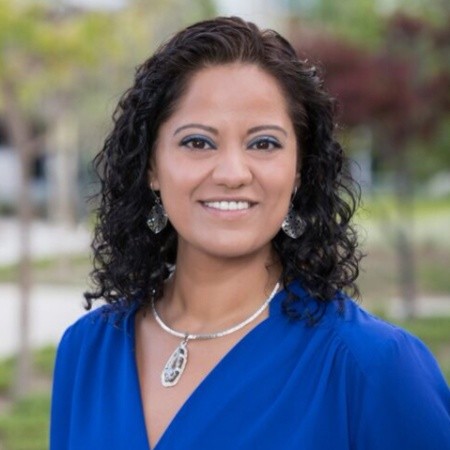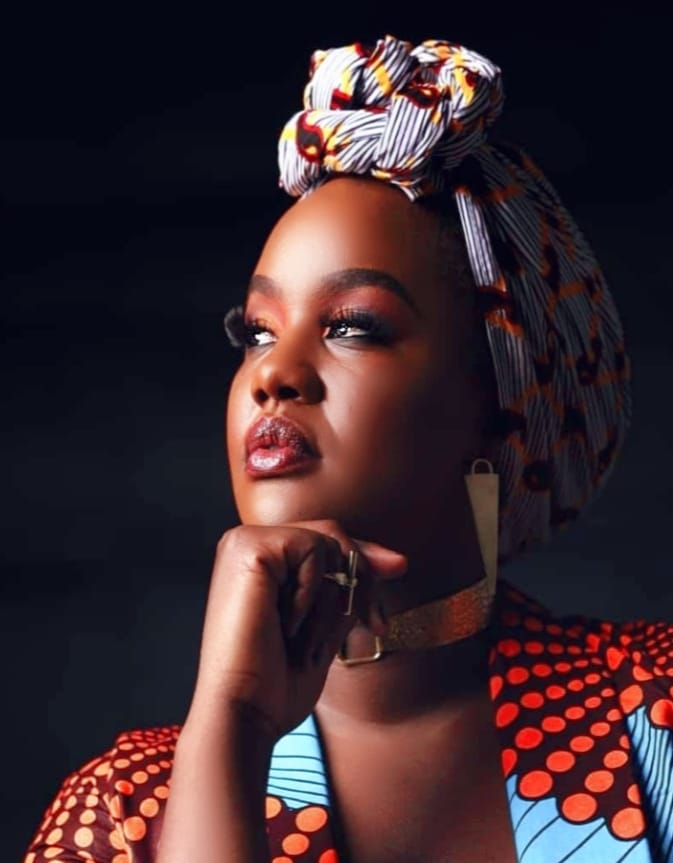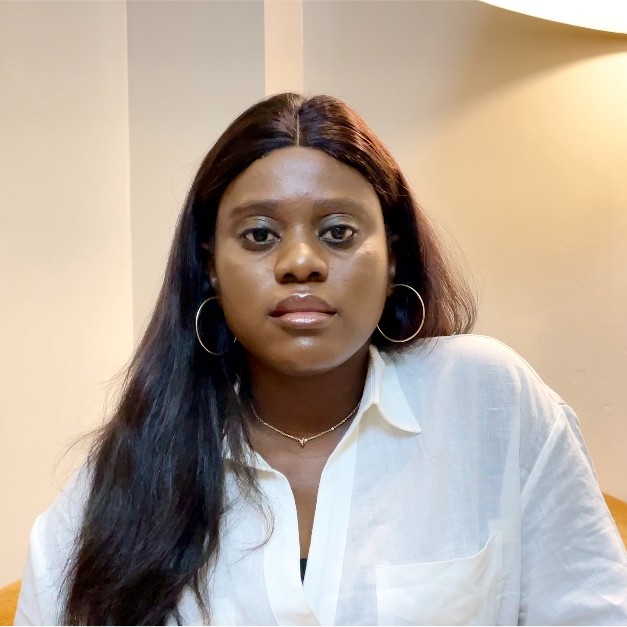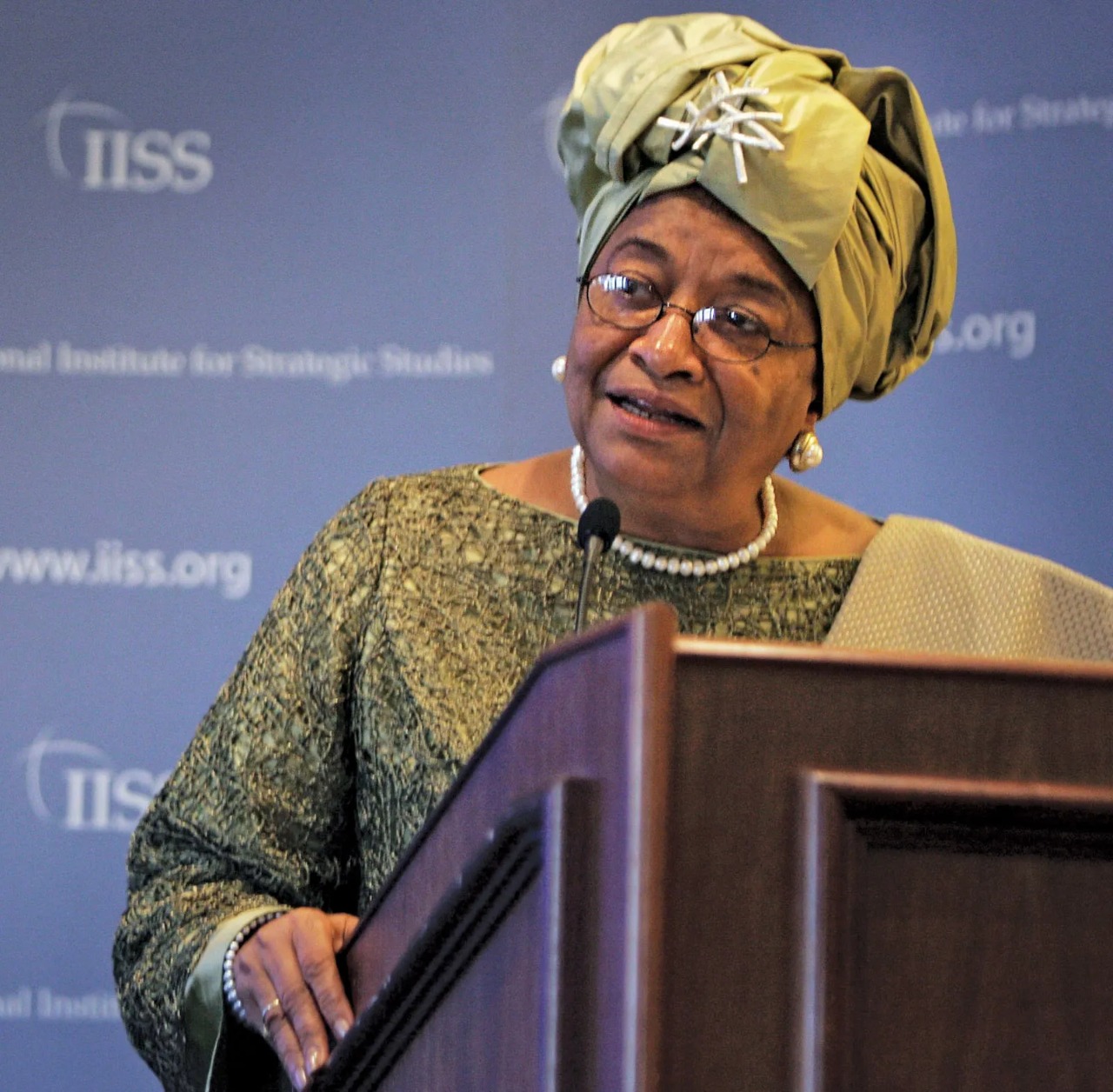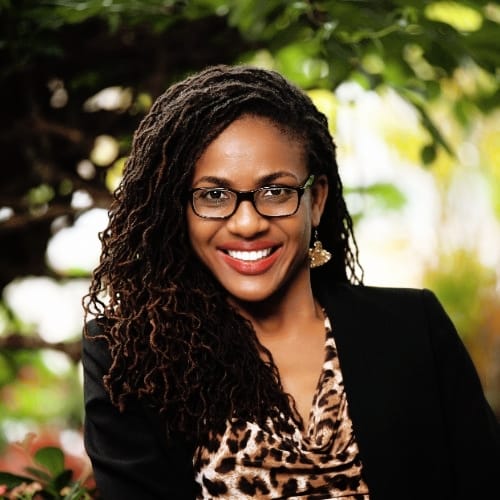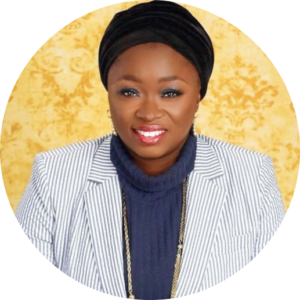INTRODUCTION:
Financial inclusion is improving around the world, but women are still missing out.
Roughly 35m women in Africa are excluded from financial services. 1 Without access to finance, women face difficulties in collecting and saving income, growing their businesses, and pulling their families out of poverty. As a result, women remain largely excluded from the formal economy.2,3
Investing in women’s economic participation not only has a profound development impact, it makes good business sense for companies and economies.
Banking on women is in the interest of banks. As Africa’s commercial banks grapple to differentiate themselves from mobile money and fintech providers, women represent an untapped customer base worth potentially billions of dollars. Banks should lead the charge in developing Africa’s women’s economy.
IFC has estimated that worldwide, a $300 billion gap in financing exists for formal, women-owned small businesses, and more than 70 percent of women-owned small and medium enterprises have inadequate or no access to financial services. 4
Furthermore, developing economies have 200 million more male than female cell phone owners. Without access to mobile technology, millions of women are further excluded from secure and convenient digital payment systems.5
When governments deposit social welfare payments directly into women’s digital bank accounts, for example, it empowers their decision-making at home. Research suggests that when women have more financial autonomy, spending in the home tends to be reprioritized, such as in the interest of children, and can also boost labor force participation among women.
The progress made in digital financial services has been heralded as one of the most important means to accelerate access to financial services for women. In particular, in areas where a large proportion of women were previously unbanked, access to financial services has significantly benefited women, for example by enabling them to save and manage household expenditure and to improve food security, health care and the overall welfare of their families, thereby reducing poverty. 6
In contrast to male earnings, female controlled finances are more likely to be spent on household expenses, such as utilities and food, as well as on child welfare including school tuition and medical care. Financial security has in turn empowered women and given them a role in the decision-making process in their households. Numerous studies have demonstrated that access to bank accounts and payment services are key to addressing today’s pressing global issues of poverty, inequality and migration and have a measurable impact on the reduction of poverty levels and promoting higher economic growth at a macro level. 7
Our 5th Series in the Crisis Management Conversation WebForum will focus on the theme: "Women Bankers for Women Entrepreneurs: A post 2020 strategy for success".
Our Panel of speakers will discuss among others:
1. The different ways to boost financial inclusion in Africa: Increasing women’s formal financial inclusion will yield knock-on effects for African economies.
2. How African banks can tailor banking services and products to women in order to address their specific needs.
3. How banks need to conduct more gender-segmented market research in order to design products that meet women’s needs.
4. The role of governments in offering financial literacy training and upscaling digital literacy levels among women.
5. The adoption of collateral registries, which accept a broader class of assets as security including tangibles (inventory, livestock, vehicles and machinery) and intangibleS (intellectual property, stock, deposit accounts): This can help women access credit as they are more likely to own moveable assets.
6. Adoption of mobile money services in Africa, and how they meet women’s unique financial needs.
Sources:1IFC, 2,3Quartz, 4 IFC,5 Financial Times, 6,7 torontocentre.org




